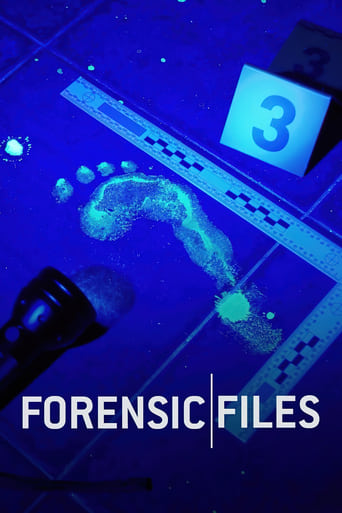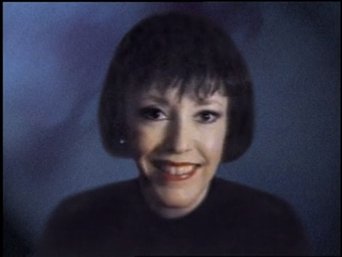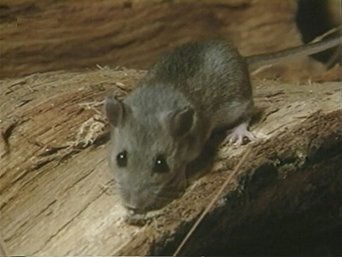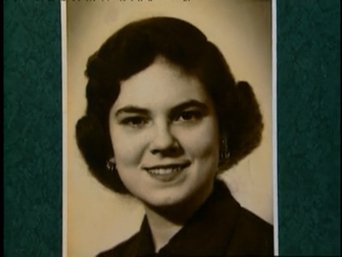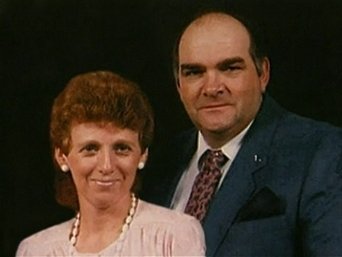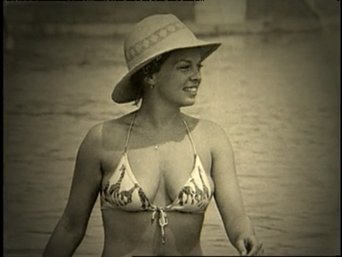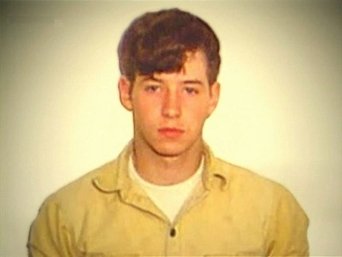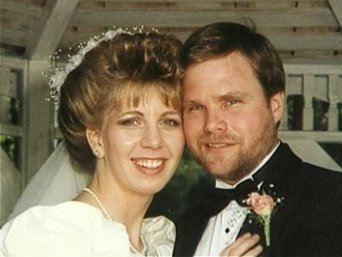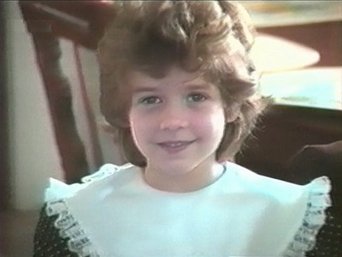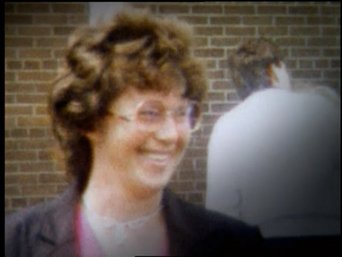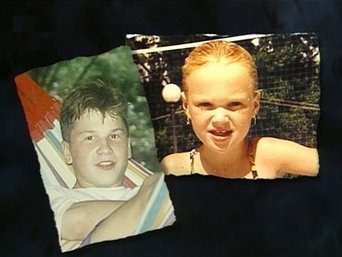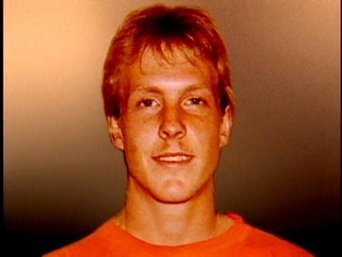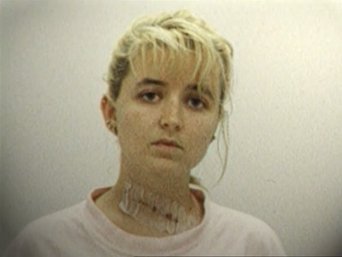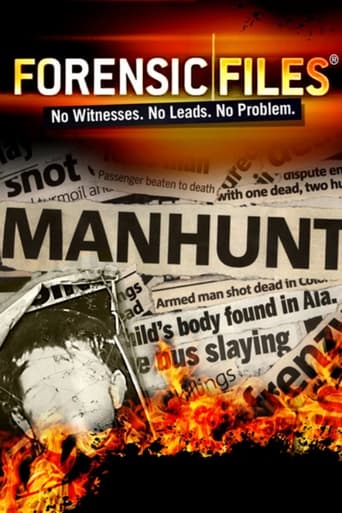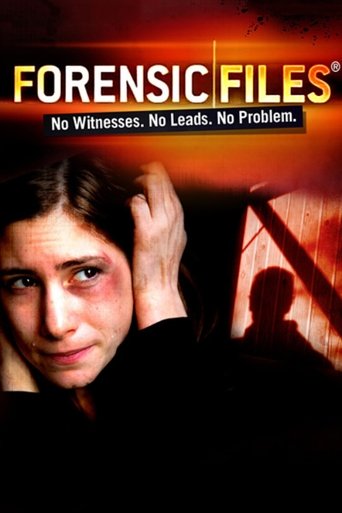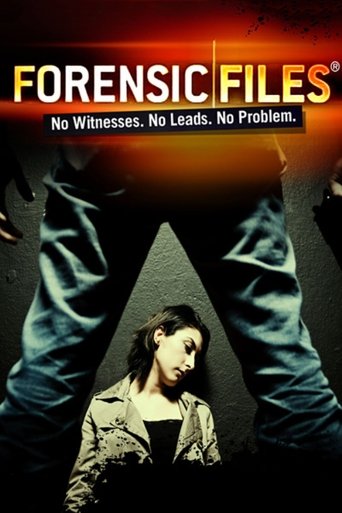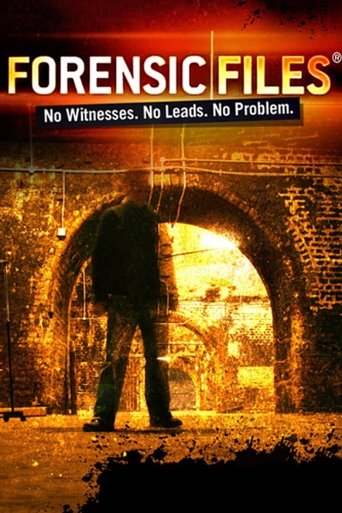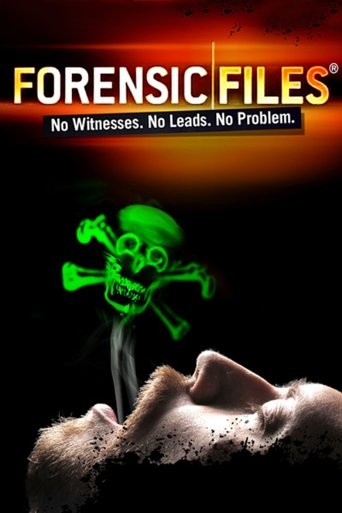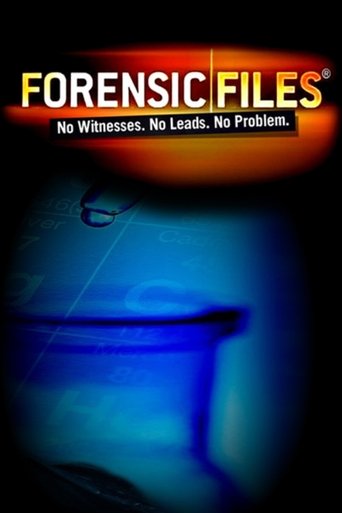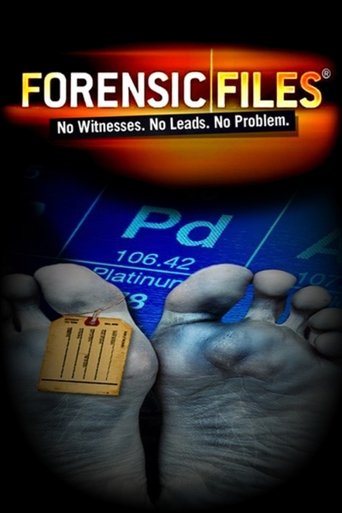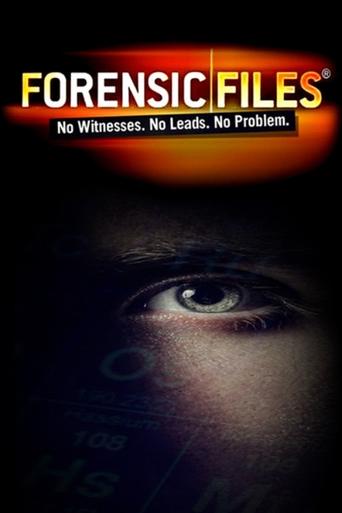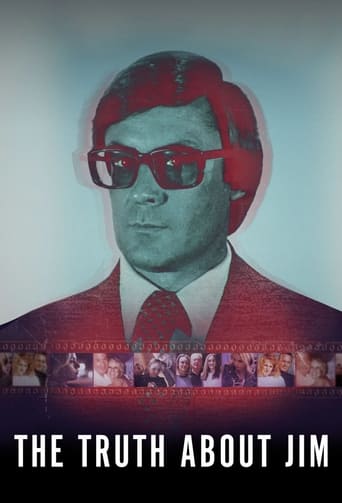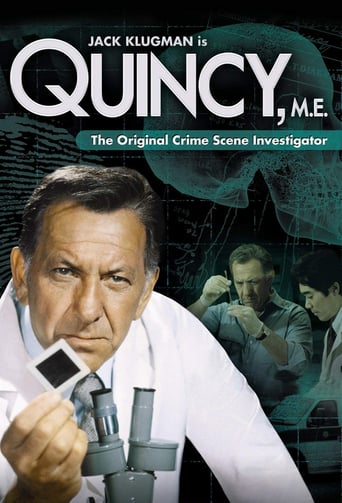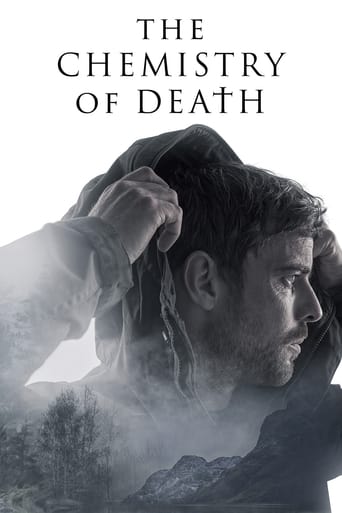Forensic Files Season 4
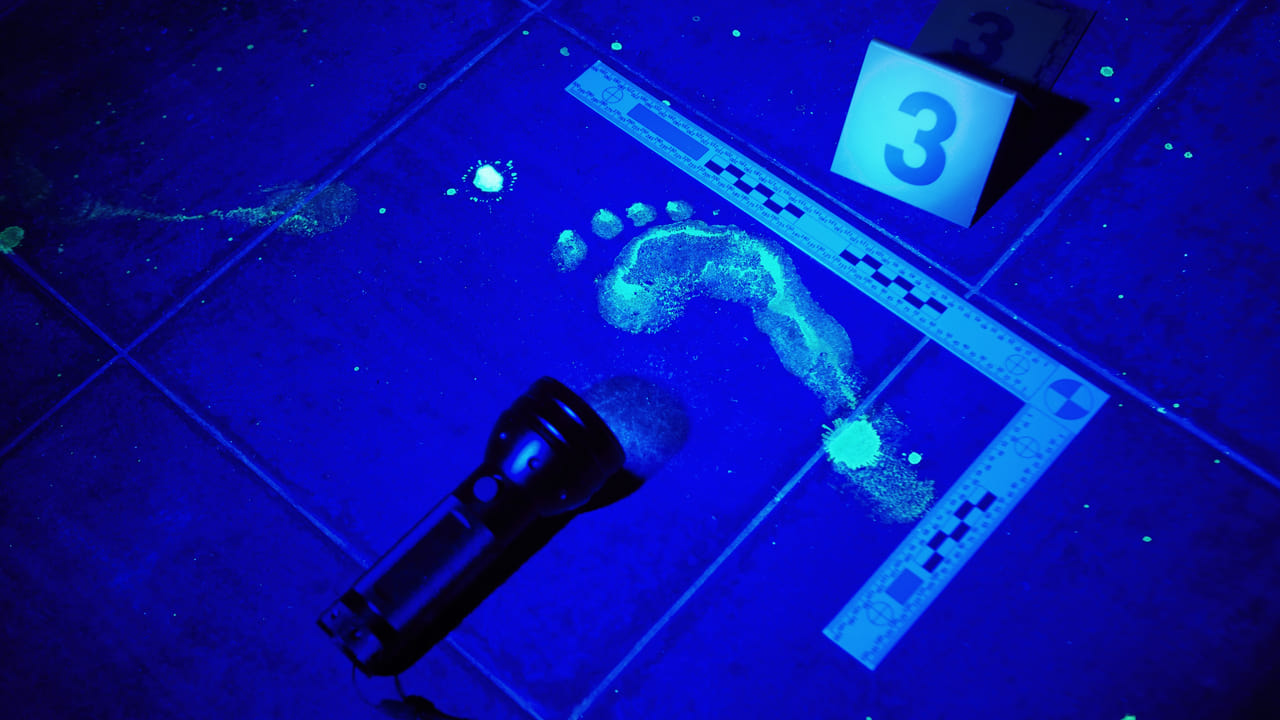
Real crimes, disease outbreaks and accidents around the world are solved by experts using scientific laboratory analysis which helps them find previously undetectable evidence. Brilliant scientific work helps convict the guilty and free the innocent.
Watch NowWith 30 Day Free Trial!
Forensic Files
1996 / TV-14



Real crimes, disease outbreaks and accidents around the world are solved by experts using scientific laboratory analysis which helps them find previously undetectable evidence. Brilliant scientific work helps convict the guilty and free the innocent.
Watch Trailer
With 30 Day Free Trial!
Forensic Files Season 4 Full Episode Guide
Edward Post left the Omni Hotel and went for a forty minute run. Before leaving, he said that he drew a bath for his wife. When he returned, he found her in the bathtub, not breathing. She was dead by the time emergency response arrived. Police considered accidental death, until they discovered that Ed had a large life insurance policy on Julie.
Young Navajos on a reservation in the Southwest were dying at an alarming rate. CDC officials had never seen anything like it; the mysterious illness had claimed the lives of more than 20 people. The tribe's medicine men provided investigators with a critical clue which would lead halfway around the world to a most unlikely killer.
Lori Keidel, her two sisters and her brother were left home alone while their father went to a nearby laundromat. Suddenly, a large fire engulfed their brick ranch home. Only a few months earlier, the children's mother had disappeared and made no effort to contact them. Lori found the courage to tell police that she had witnessed her own mother's death.
In 1996, more than a dozen children in Seattle, Washington, were fighting for their lives. Each one of them had contracted a serious illness, and no one knew what it was. When one of the children died, investigators knew the clock was ticking and they needed to isolate the cause and find the cure before time ran out.
Clayton Johnson, a Nova Scotia schoolteacher, left for work on the morning of February 20, 1989. At 7.40 AM, the school bus arrived to pick up the Johnson children. At 7.51 Mrs. Molloy arrived to drop off her child at the Johnson home. She found Janice Johnson lying at the bottom of the basement stairs in a pool of blood. A new life-insurance policy sparks suspicions of murder.
Mark Fair left for work and his fiancée Karla Brown stayed home. Later, Mark found Karla dead. Karla's body told police that she was a victim of sexual assault. During the autopsy, they were able to re-examine bite marks on her body. A computer gave a view of the marks and forensic odontology identified the killer.
When a sexual predator murders two young boys in Nebraska within three months of each other, an obscure style of rope and forensic analysis lead to his arrest and conviction.
When a Pennsylvania man checks into a hospital for leg pain and later dies of thallium poisoning, police investigate his wife and find her in the process of collecting an insurance payment for her previous husband's death.
Sometime during a neighborhood Christmas party, five-year-old Melissa Brannen disappeared. No one saw where she went or noticed anything unusual. Investigators turned to forensic science to help them see what the witnesses missed. The young girl was never seen again but fiber analysis led police to a suspect nonetheless.
In 1990, Shirley Andronowich's body was found one morning after she was murdered and mutilated. Eyewitnesses told police Shirley and her husband Ed were seen fighting in a bar the night before. Police first suspected Ed and even arrested him after he confessed to the murder. But all forensic evidence proved that Ed had actually nothing to do with the crime.
A 1995 fire razes the mansion of Kansas doctor Debora Green, killing two of her three children; disturbing accounts from her ex-husband, Mike Farrar, lead investigators to believe she set the blaze herself.
Scott Dunn was missing and when the police sprayed his bedroom with Luminol, a scene of horrific violence emerged. Now investigators faced a daunting task: to prove Scott Dunn had been murdered, even though they had no body, no weapon, and no witnesses.
In 1996, police received a call from Darlie Routier telling them of her two sons' murders. However, investigators were not certain about the validity of Darlie's story and began an intensive search of the crime scene. The police found out who the killer was by analyzing blood spatter, doing behavioral profiling and analyzing Darlie's 911 call.
Free Trial Channels
Seasons


